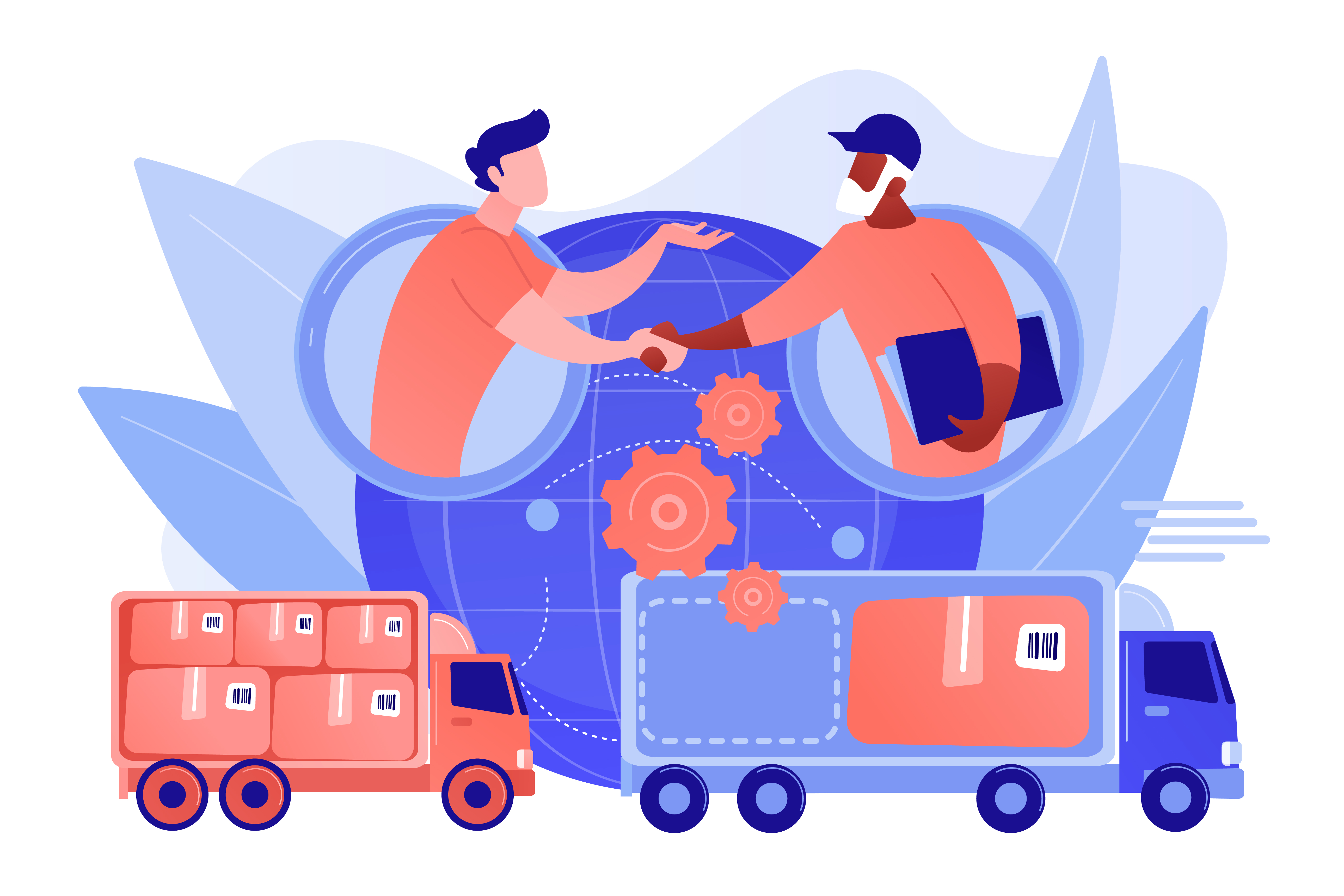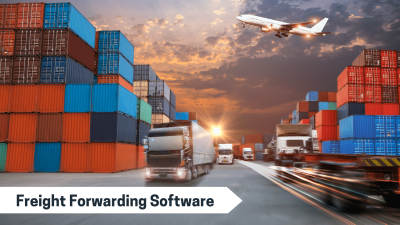As we all know that new technology is contributing immensely to a business process in the impact of technology supply chain management. The requirement for real-time tracking and price delivery systems makes open for various technological innovations. Also, several various logistics management systems are leading the way in the sectors of logistics and transportation.
Although it can be difficult for big companies, especially those who have deep investments in older technology to keep up with new capabilities and best practices. Transitions can take a little time, but benefitting from new technologies is a prominent aspect of this competitive industry.
Here are some ways in which technology is Affecting :
1. Greater Efficiency and Transparency
As part of greater company cost-saving initiatives, shippers are under pressure to decrease supply chain costs. Also, they want more services and transparency from their supply chain managers without driving up costs. From the beginning of the wireless era, several third-party logistics providers and supply chain managers have adopted wireless technologies and cloud computing to automate different freight management systems and optimize accuracy.
The automated systems are much faster and more efficient than the manual, fax-based predecessors, as well as provide better data capture, and improved processes, and can also be stored and examined to target areas for refinement. For instance, handheld mobile devices can easily deliver proof of delivery and real-time transportation monitoring, which can help managers discover and address operational anomalies.
Additionally, 3PLs are opting for technology to optimize their client supply chain activity and improve client relations.
Technology like radio-frequency identification (RFID) is also a popular method of automatic identification and data capture. Because this kind of tag can easily be attached to clothing, inventory, or any other item, the possibilities of tracing are extensive and applicable to several aspects of the supply chain. Not to mention, technology helps in decreasing labor costs by streamlining data capture and in reducing error-prone manual processes.
Most of the shippers want to be able to answer the most common and popular question, “When exactly will my package arrive?” And implementing new technologies to your logistics will make it easier for you to answer this particular question.
Having open access to detailed information has a significant impact. The enhanced information flow also opens the possibility of better asset utilization by giving loads to help the shipper return home with freight, decreasing empty miles from the transportation network.
2. Focus on Individual Employees
The technology that comes with smartphones offers shippers and vendors the capability to pair workers with devices that are appropriate for their daily work. Today, as mobile devices become more diverse and varied, companies are looking for opportunities to match the job with the right device.
While smartphones are gaining an advantage in supply chain operations, they are still subject to wear and tear.
Nowadays, several asset-lite carriers are benefitting from smartphone technology. Using proprietary programs, apps, and mobile interfaces, smartphone technology uses the notifications from that smartphone that’s sitting with the driver and creates a breadcrumb trail of how freight is being tracked.
Moreover, applications running on the backend allow a driver to signature capture information and create a proof of delivery.
Basically, smartphones give an open network of carriers the ability to become like a closed-fleet network.
3. Making Way for Small but Active Carriers
Small businesses and companies who are standing upon less investment in their current system already have and also will continue to find it easier to successfully imply new technologies. Because now they don’t have to spend a big amount on mobile resource management or automatic vehicle location systems.
Usually, the job can be done with a comparatively affordable mobile device or non-proprietary app, making the leap to wireless much easier. This kind of flexibility might continue to provide smaller carriers with an advantage over big companies and will help them in becoming more agile and flexible in a competitive environment.
So, click here and learn more about the impact of technology on supply chain management as well as how it can help you! https://www.boxonlogistics.com/request-demo/






COMMENTS